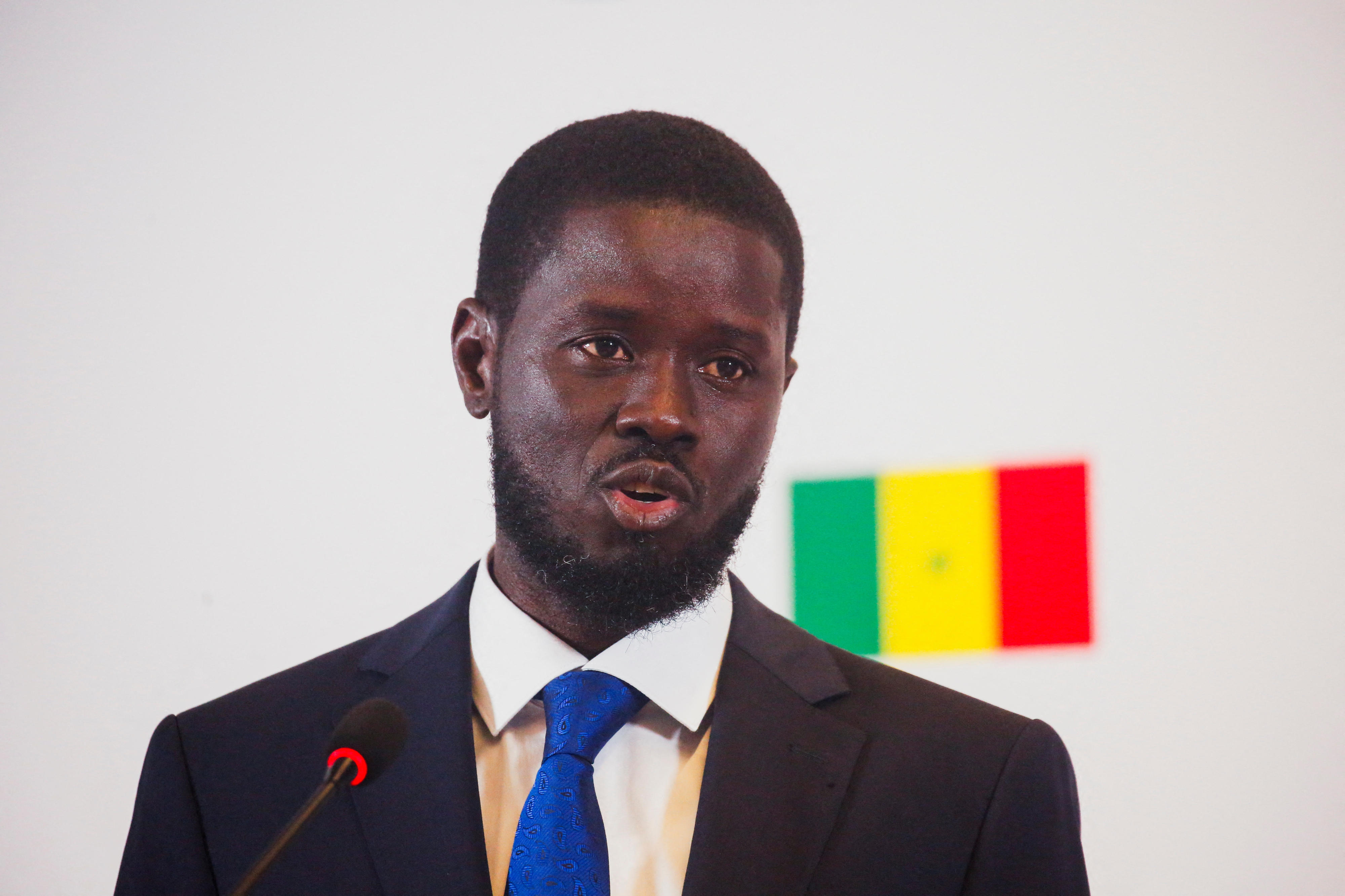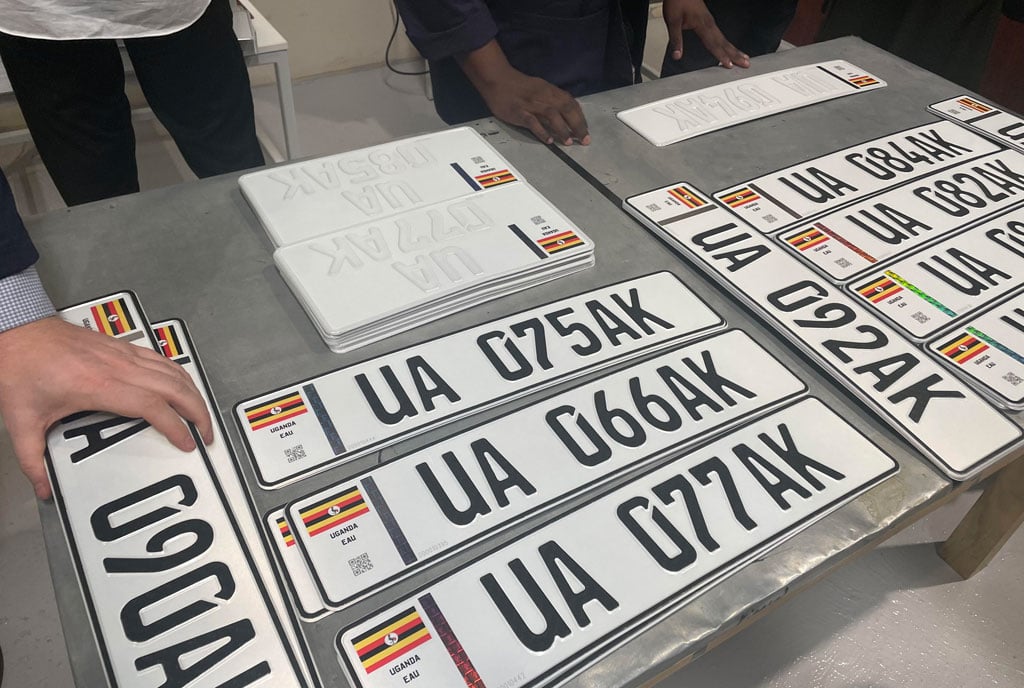Prime
EC boss Byabakama joins electoral reforms choir

What you need to know:
- Political actors say delayed tabling of reforms affects the entire election process.
The Electoral Commission (EC) has said it will not be able to implement electoral reforms because they are behind schedule.
EC Chairperson Justice Simon Byabakama told reporters yesterday that the Commission needs at least two years to implement the reforms.
“As a Commission, our expectation is that if there is any reform in electoral laws, it should come in time to enable us actualise and implement this reform within the roadmap. Because when the reforms come after the implementation of the roadmap has commenced it will impact negatively. That’s why we want relevant organs of the state to bring reforms in time,” he said.
However, the ICT and National Guidance minister, Dr Chris Baryomunsi, said the Minister of Justice and Constitutional Affairs, Mr Norbert Mao, is still gathering views and examining existing legislations before tabling a Bill for the long-awaited reforms.
Meanwhile, Nyendo-Mukungwe MP Mathias Mpuuga told journalists at Parliament that he would table electoral reforms aimed at having free and peaceful elections.
In its 2016 ruling on an election petition that was filed by former presidential candidate Amama Mbabazi, the Supreme Court issued 10 recommendations for electoral reforms that had to be implemented to ensure free and fair elections.
These include the time for filing and determination of a presidential election petition be increased from 30 to at least 60 days; the use of oral evidence in addition to affidavit evidence be accepted in court; time for holding a fresh election where the previous election has been nullified be increased from the currently prescribed 20 days; and the use of technology in elections be backed by law.
Others are sanctions against any State organ or officer who violates provisions of the law; access to State-owned media be provided; election-related law reform be undertaken within two years of the establishment of the new Parliament; and laws be enacted to prohibit the giving of donations (during campaign periods) by all candidates including a President, who is also a candidate.
Others are laws prohibiting public servants from getting involved in political campaigns be made more explicit; laws be amended to make it permissible for the Attorney General to be made respondent in a presidential election petition where necessary; and that the Attorney General be the authority to follow- up with the Supreme Court’s recommendations.
These reforms have not yet been tabled in Parliament even after Mr Mao promised to do so anytime.
Political actors yesterday said the delayed tabling of these reforms affects the entire election process.
“We have never had electoral reforms on time. So, it’s not surprising. Government has been reluctant on electoral reforms. If you look at the 2016 ruling on the presidential election, they recommended technology. They said there should be improved technology in the transmission of results. That has never happened,” Ms Sarah Birete, the executive director of the Centre for Constitutional Governance, said.
The executive director of the Electoral Law and Governance Institute, Ms Charity Ahimbisibwe, said: “I would have been happy if we could implement what is already enacted. The Electoral Commission has failed to implement even fewer electoral reforms that are already enacted. So, laws alone cannot guarantee free and fair elections. Let’s start to reform practice, by saying no to violence, hateful rhetoric, among other electoral violence.”
The president of the Forum for Democratic Change, Mr Patrick Amuriat, said their position is very clear on electoral reforms which he said will not change anything significantly, “because the terrain is made in favour of the ruling party, Mr Museveni and his regime.”
“As long as we still have impunity in this country electoral reforms are meaningless,” he said.
Mr Daniel Kananura, the chief mobiliser of the Patriotic League of Uganda for Kira Municipality, said electoral reforms are key in delivering peaceful, free and fair elections because they speak directly to everything.
The Secretary General of the National Unity Platform, Mr David Lewis Rubongoya, said: “The laws we have here are enough to conduct a free and fair election. Even if you say one man, one vote is enough, but the current government will of course not do it because they want to keep Museveni in power.”
However, Dr Baryomunsi said Mr Mao is still collecting proposals from different stakeholders and reviewing some existing laws.
“When all is ready, we shall go ahead and enact them. But for now, the laws are still being looked at by Minister Mao and he collects stakeholders’ views before being passed to Parliament,” he said.
Meanwhile, Justice Byabakama said they will adjust the 2025/2026 electoral roadmap and fix activities that were supposed to be implemented in the last financial year.
“The Commission was not able to undertake the preliminary activities of the said roadmap [because of] delayed availability of funds,” he said.




